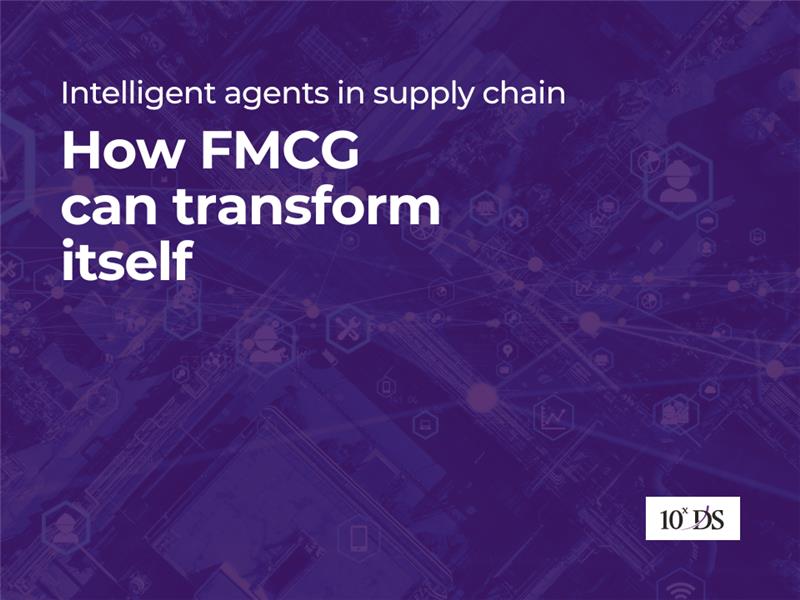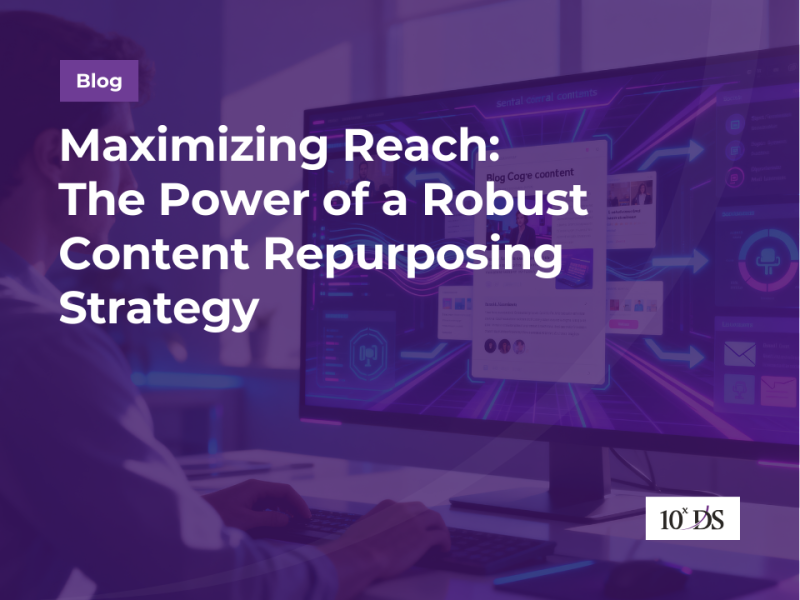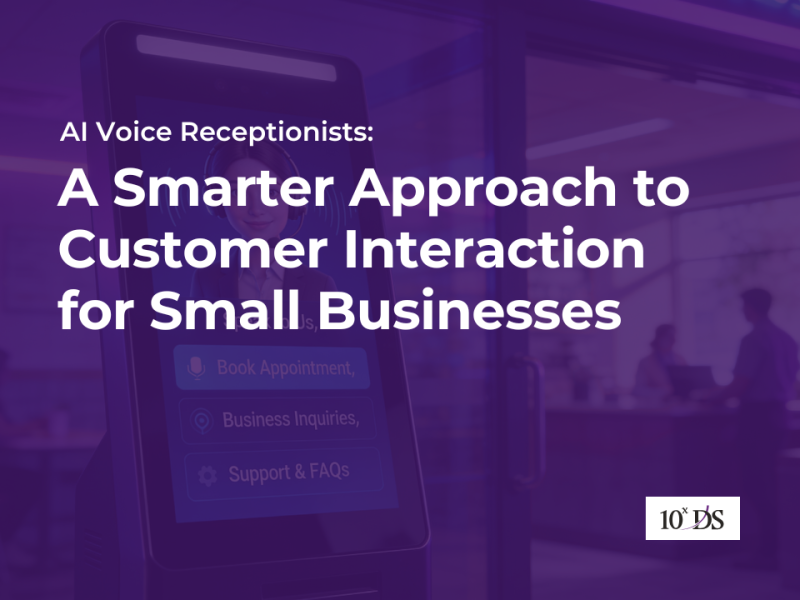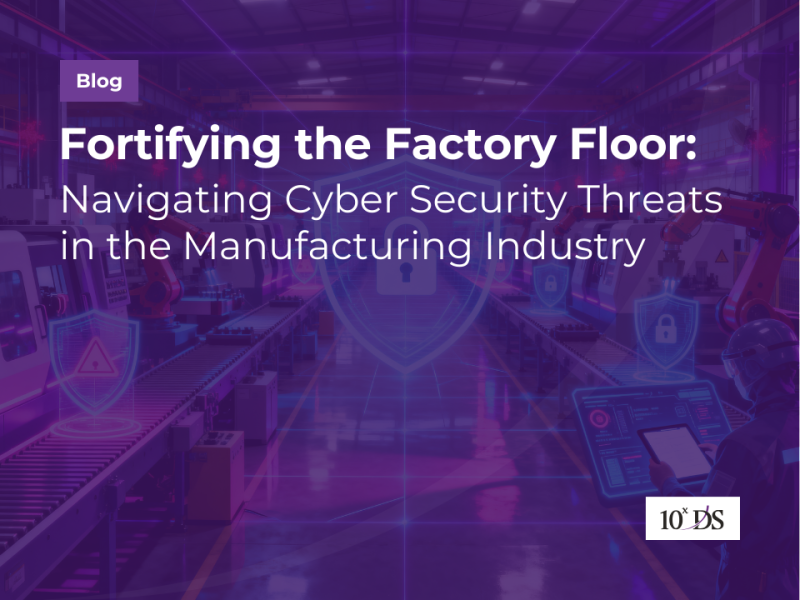
Intelligent agents in supply chain – How FMCG can transform itself
The FMCG (Fast-Moving Consumer Goods) sector is characterized by high volume, low-margin products with extremely short shelf lives and rapid inventory turnover. Success in FMCG hinges on operational speed, precision in demand forecasting, and agility in responding to constantly shifting consumer preferences. Companies must manage vast, geographically dispersed supply chains while maintaining consistent product availability across thousands of retail touchpoints. The sector also faces intense competition, making efficiency, responsiveness, and customer insight not just advantages—but necessities.
Agentic AI fits well into this landscape because it is designed for autonomous, adaptive decision-making in complex, real-time environments. Unlike traditional systems that require human input or static rules, agentic AI can act independently—analyzing data streams, anticipating disruptions, and initiating corrective actions across procurement, production, logistics, and even marketing. For instance, it can detect regional spikes in demand and autonomously trigger supply chain adjustments or reallocate stock without waiting for human intervention. This aligns closely with the FMCG need for speed and accuracy at scale, making agentic AI not just a good fit—but a potentially transformative one.
Intelligent agents in Supply chain
Let us now analyse Inventory Replenishment as an example.
Inventory replenishment is typically managed through a combination of manual oversight and ERP systems. Store managers or supply planners monitor sales trends and stock levels, then use ERP-generated reports to forecast demand and trigger reorders. The ERP system provides historical sales data and reorder points, but human planners must interpret this data, validate it against market trends (promotions, seasonality, etc.), and manually approve replenishment orders. This process is time-consuming, reactive, and prone to delays or inaccuracies, especially in high-SKU environments with frequent demand fluctuations.
Agentic AI transforms this process by introducing autonomous, intelligent agents that continuously monitor sales, weather, social media sentiment, regional events, and supply conditions in real time. These Intelligent agents in supply chain don’t just react—they predict demand shifts and proactively adjust replenishment plans. For example, if a sudden spike in demand for cold beverages is detected in a region due to a heatwave, the agentic AI can independently increase restocking frequency for relevant SKUs, coordinate with logistics for faster delivery, and even recommend store-level promotions to maximize sell-through. Unlike traditional ERPs, which require human validation, agentic systems can self-validate, communicate with other agents (e.g., in logistics and procurement), and execute decisions end-to-end—freeing human planners to focus on strategy rather than firefighting.
In essence, where ERP supports decision-making, agentic AI executes decisions—closing the loop between insight and action in a way that’s faster, smarter, and more adaptive to the fast-moving FMCG environment. Let us analyse few other use cases.
Dynamic Pricing Optimization
In traditional FMCG setups, pricing strategies are updated periodically based on historical sales, competitor analysis, and human judgment—often lagging behind market shifts. Intelligent agents in supply chain can autonomously monitor competitor prices, consumer demand, and stock levels across regions to adjust prices in real time. For instance, if a competitor runs a promotion in a key market, an agent can automatically recommend or execute a price match or bundle deal, balancing margin preservation with market share retention. This enables hyper-local, dynamic pricing at scale, which manual systems struggle to deliver quickly or accurately.
Demand Forecasting and Planning
Manual demand forecasting in FMCG relies heavily on statistical models and planner expertise, often missing out on real-world signals like local events, online buzz, or sudden weather changes. Intelligent agents in supply chain ingest a wide array of structured and unstructured data—POS trends, social media, foot traffic, weather, or even festival calendars—and continuously learn and adapt forecasts. These agents can collaborate with supply chain nodes to adjust procurement and production schedules on the fly, significantly reducing both stockouts and excess inventory.
Promotion Planning and Execution
Promotion campaigns in FMCG are usually planned months in advance with fixed allocations and depend heavily on manual coordination between marketing, sales, and distribution. Agentic AI agents can simulate promotional impact based on current market sentiment, historical lift, and competitive activity. They can then dynamically tailor promotional offers to specific regions, store formats, or consumer segments—and adjust allocation in real time based on uptake. This leads to more targeted, effective promotions and avoids issues like overstocking or unmet demand during campaigns.
Warehouse and Distribution Optimization
FMCG warehouses traditionally operate on fixed schedules and rule-based systems for picking, packing, and dispatch, often resulting in inefficiencies during demand spikes or supply disruptions. Agentic AI can orchestrate warehouse operations by dynamically assigning resources (robots, workers, loading bays), rerouting shipments, or adjusting picking priorities based on downstream demand signals. For example, if a spike in orders is detected in a certain city, the AI can prioritize that region’s pallets, notify logistics partners, and reroute trucks, minimizing delays and improving service levels.
New Product Launch Monitoring
Launching a new product in FMCG involves numerous touchpoints—tracking early sales, consumer feedback, supply chain stability, and marketing effectiveness—typically done through manual reporting and post-mortems. Agentic AI agents can monitor product launches in real time, analyze customer sentiment from online reviews and social media, detect early signs of adoption or rejection, and even trigger corrective actions like redistributing inventory or tweaking ad messaging. This allows brand teams to course-correct in weeks rather than months, dramatically increasing the chances of launch success.
Adopting Intelligent agents in supply chain
Adopting intelligent agents in the Fast-Moving Consumer Goods (FMCG) sector involves a strategic blend of technological readiness, organizational change management, and focused execution. These agents — powered by AI and machine learning — can revolutionize functions like supply chain optimization, demand forecasting, customer engagement, and pricing strategies. Here’s how to approach their adoption thoughtfully and effectively:
1. Assessing Readiness and Setting Objectives
Before diving in, FMCG companies must evaluate their digital maturity and clearly define the business problems they aim to solve using intelligent agents. This begins with identifying high-impact areas such as inventory management, marketing automation, or predictive analytics, where intelligent agents can drive meaningful results. It’s also essential to assess the organization’s data maturity, including the quality, accessibility, and integration of data across departments, as this directly influences the effectiveness of AI-driven solutions. Objectives should be aligned with broader business goals—whether that’s reducing waste, increasing sales, or improving customer retention. Companies that succeed in adopting intelligent agents typically start with focused pilot projects in areas where return on investment can be measured, learn from those initiatives, and then scale the solutions across the organization.
2. Laying the Groundwork: Prerequisites
Before deploying intelligent agents, several foundational elements must be in place to ensure successful implementation. A robust data infrastructure is essential, including centralized data lakes or warehouses that store clean, structured data for AI models to function effectively. Systems such as ERP, CRM, POS, and supply chain platforms need to be interoperable and capable of seamless integration with intelligent agents. Additionally, cloud readiness is critical, providing scalable infrastructure—either cloud-based or hybrid—to handle the computational demands of AI. Organizations must also have access to a skilled workforce, either internally or through strategic partnerships, to develop, maintain, and manage AI/ML solutions. Just as importantly, strong cybersecurity measures and regulatory compliance—such as adherence to GDPR—must be in place, supported by clear data governance frameworks. Without these prerequisites, intelligent agents risk underperforming or introducing more complexity than value.
3. Deployment Strategy
Rolling out intelligent agents in the FMCG sector is best approached in phases to ensure controlled implementation and measurable outcomes. The process typically begins with pilot programs—small-scale, controlled experiments focused on specific functions such as deploying an AI chatbot for customer service or using machine learning for demand forecasting in a particular region. These pilots allow organizations to evaluate performance using key performance indicators like forecast accuracy, cost savings, or response time, enabling refinement of models and system integrations. Once validated, the use of intelligent agents can be scaled gradually across SKUs, geographies, or business units to maximize impact. Throughout this process, it is essential to pair technical implementation with effective change management strategies, ensuring that teams are prepared, aligned, and engaged in the adoption journey.
4. Governance and Monitoring
Post-deployment, it is crucial to ensure the responsible use of intelligent agents and maintain ongoing performance optimization. Establishing robust AI governance frameworks is key, with clearly defined roles, responsibilities, and policies to oversee the behavior and impact of these agents. Continuous learning and retraining should also be prioritized, allowing intelligent agents to adapt to market fluctuations, seasonal variations, and evolving data inputs. Additionally, regular performance monitoring—through audits that assess accuracy, potential bias, and the overall business value delivered—is essential to ensure that the agents remain effective, fair, and aligned with organizational goals.
5. Key Considerations for Long-Term Success
Adopting intelligent agents isn’t a one-time project — it’s a transformation that requires sustained commitment across the organization. Cross-functional collaboration is essential, as marketing, operations, IT, and finance must work closely to ensure alignment and integration across processes. Cultural readiness also plays a critical role; employees need to trust and understand the purpose and impact of intelligent agents to fully embrace them. Ethics and transparency should be prioritized, with explainable AI models helping maintain stakeholder trust and ensuring compliance with regulatory standards. Ultimately, every implementation should be grounded in customer-centricity, ensuring that intelligent agents enhance the overall customer experience and deliver tangible value.
By approaching the adoption of intelligent agents in supply chain with a clear vision, technical readiness, and a people-first strategy, FMCG companies can unlock significant efficiencies and stay competitive in a fast-evolving marketplace. Talk to our experts to learn more


